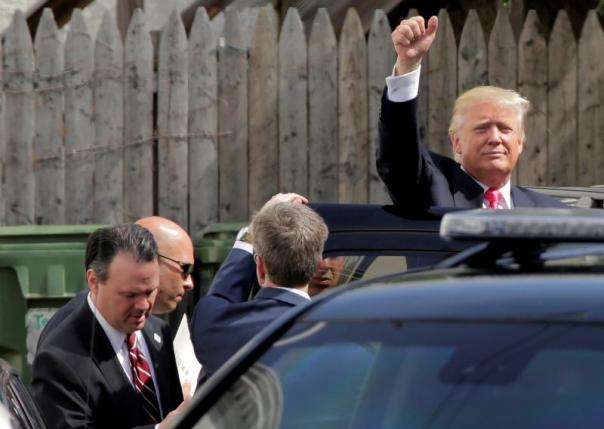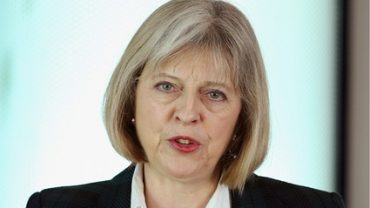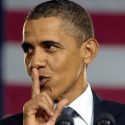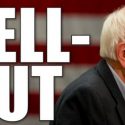Can Trump spell I-R-O-N-Y?
Adam DeRose
Republican presidential candidate Donald Trump, who has railed against special-interest money, tapped for his communications team a former spokesman of Citizens United, a nonprofit group whose name has become synonymous with big money in politics.
Citizens United communications director Bryan Lanza joined Trump’s team as the deputy communication director for surrogates, the campaign said in a statement on Monday.
Lanza will be responsible for managing Trump supporters who speak on his behalf at public events and to the media, as well as the messaging those supporters are asked to reinforce.
The latest appointment is the latest in Trump’s efforts to assemble an expanded communications team to help spokesman Hope Hicks.

Trump, who shunned donations during his effort to win the party’s nomination, assured supporters that wealthy donors and corporations would not influence his campaign or presidency. He only began holding in-person fundraisers in late May and significantly lags behind Democratic rival Hillary Clinton in fundraising.
One of the most frequent allegations in Trump’s unorthodox presidential bid was that his less wealthy rivals would be controlled by their donors.
“I don’t want lobbyists, I don’t want special interests,” Trump said on CBS’ “Face the Nation” in August.
In a trade policy speech in June, when the race had winnowed down to himself and Clinton, Trump took aim at Democratic rival Hillary Clinton, saying, “The other candidate in this race has spent her entire life making money for special interests – and taking money from special interests.”
Trump has touted his personal wealth and the self-funding of his campaign as a contrast to Clinton, whom he considers beholden to special interests and corporations.
The 2010 Supreme Court rulings in a case brought by Citizens United, a conservative nonprofit group, protected the political speech of corporations, unions and other organizations under the First Amendment. The decisions, which allowed the creation of Super PACs, have been widely criticized as having opened the floodgates for corporate and special interest money in political campaigns.






